Taylor Swift recently became the subject of speculation and controversy regarding her potential identification within the LGBTQ+ community, following the publication of Anna Mark’s op-ed piece in The New York Times, which explores the possibility that Swift may identify as queer or non-heterosexual.
The article, titled “Look What We Made Taylor Swift Do,” sparked backlash from Swift’s fans and allies, who feel that her sexual orientation and identity are personal and private matters not open to public conjecture or intrusion. Every detail suggests that people close to Swift share this sentiment and are understandably upset about the intrusive speculation.
Anna Marks analyzes what she perceives as Taylor Swift intentionally leaving clues (dropped hairpins) throughout her career that hint at Swift identifying as queer or LGBTQ+, even though queer identity hasn’t been openly embraced by mainstream America.
Marks argues that these clues collectively suggest to queer individuals that Swift belongs to their community, and her analysis seems to conflict with how Swift or those close to her perceive the matter; they might view it as an exaggerated or unsubstantiated interpretation.
A person close to Taylor Swift revealed to CNN that Swift’s achievements have created an ethical void, as people are speculating about her sexuality despite her evident allyship and dating history with men.
This individual argued that an article on male artists like Shawn Mendes would not have garnered attention, highlighting a double standard and the need for sensitivity towards speculation on artists’ private lives.
Taylor’s team is upset about a New York Times op-ed speculating on her sexuality, citing her LGBTQ+ allyship and calling the article “invasive” and “inappropriate“. Swift has a history of supporting the LGBTQ+ community and has said her concerts are a “safe space” for LGBTQ+ fans. Some argue that discussing an artist’s queerness without their confirmation can be harmful, while others see it as a sign of allyship and visibility.
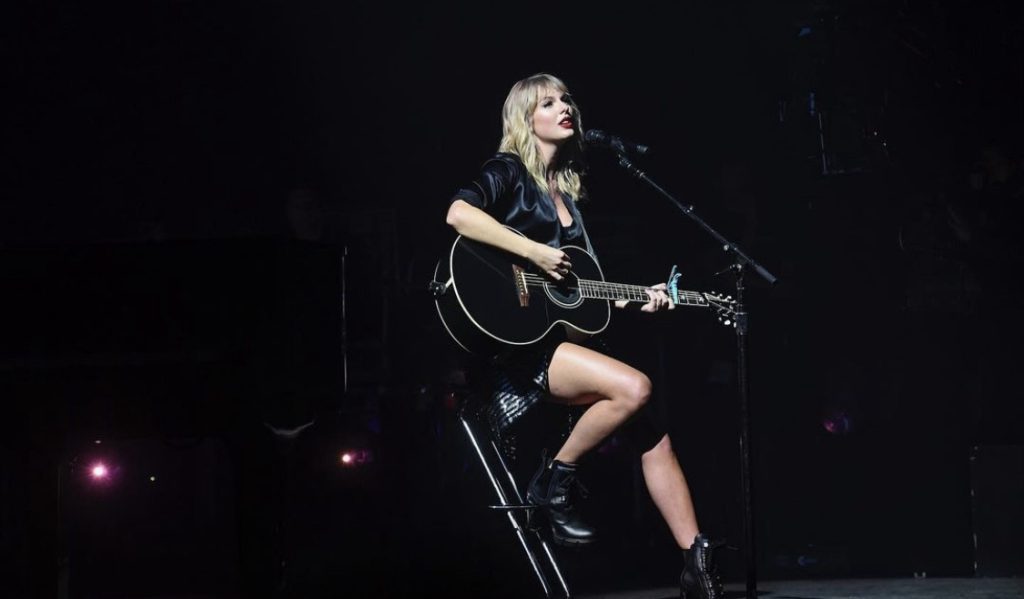
The individual close to Taylor made a compelling point about the invasive speculation surrounding her sexuality, citing a double standard in journalism. They argued that while think pieces have been written about male pop stars like Harry Styles and Bad Bunny, it’s essential to respect artists’ privacy and refrain from intrusive speculation, regardless of whether it’s cloaked as an opinion piece. The core message is to leave artists’ personal matters alone and avoid crossing boundaries in the name of clickbait opinions.
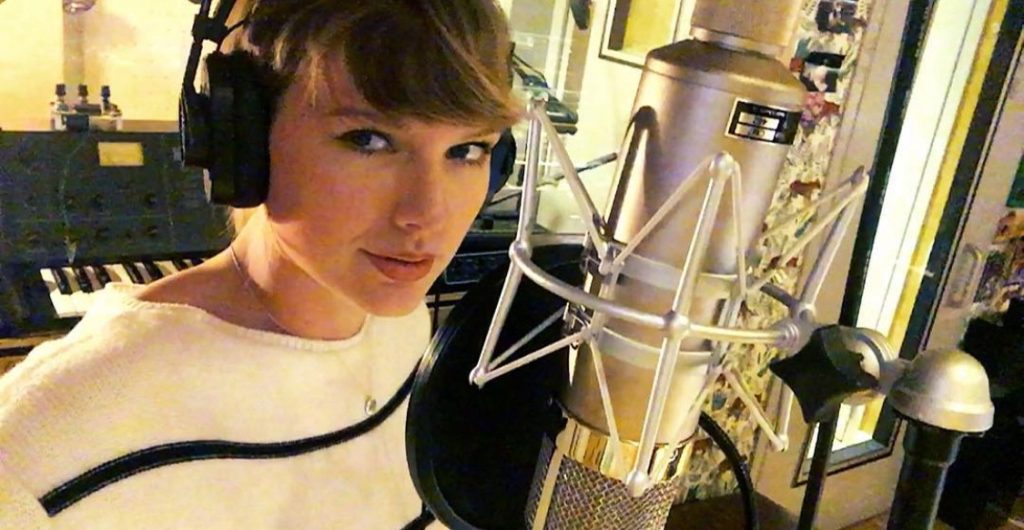
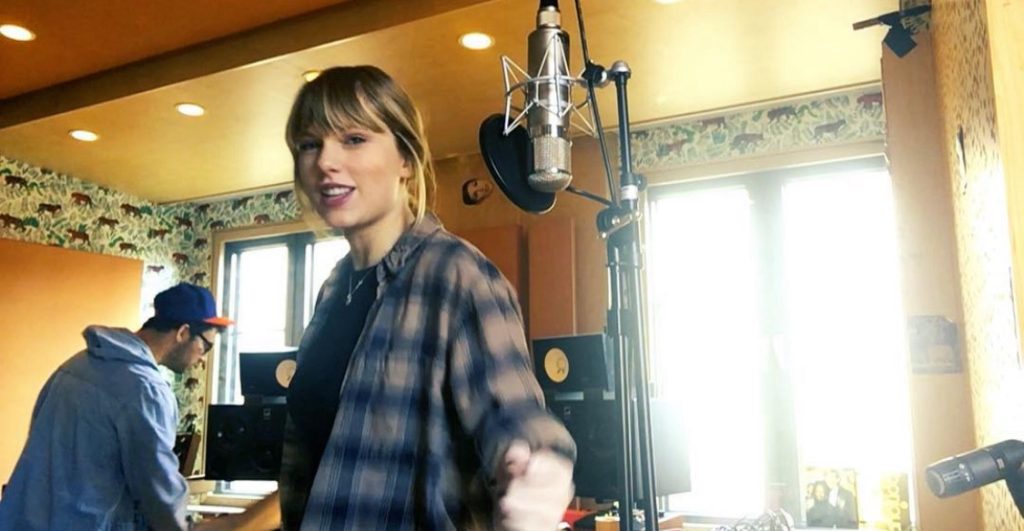
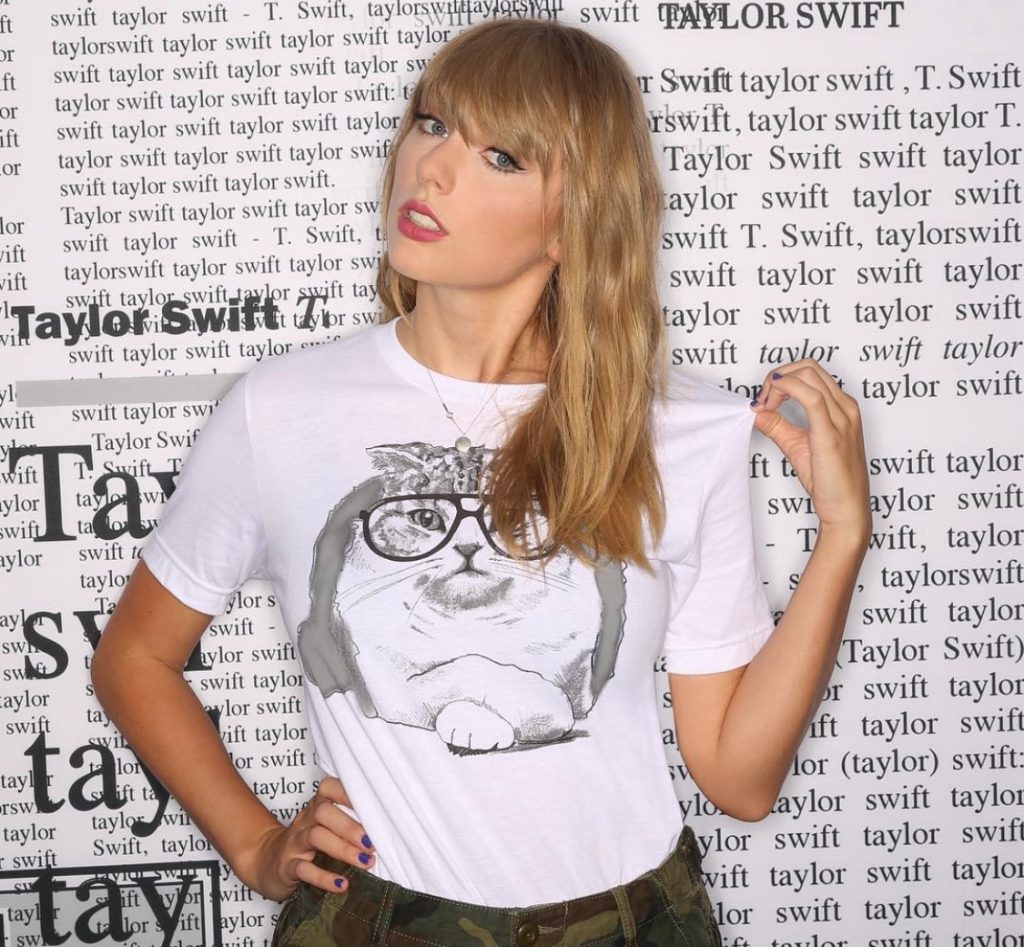
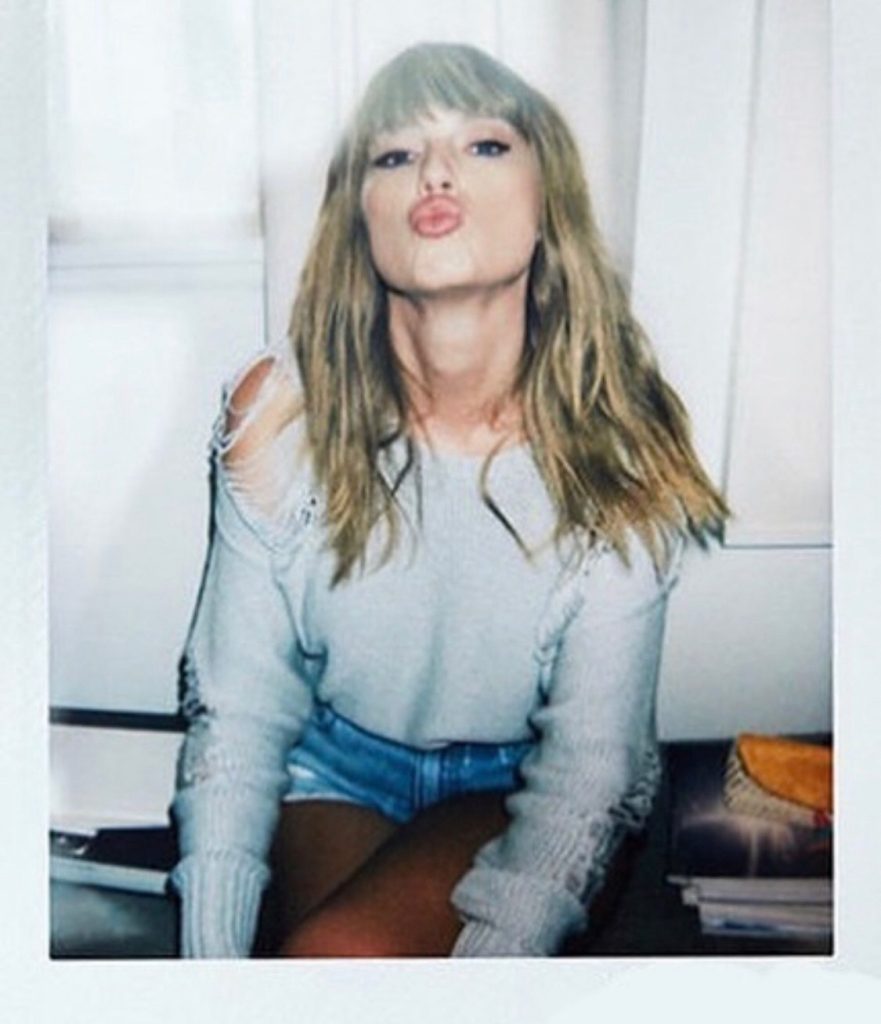
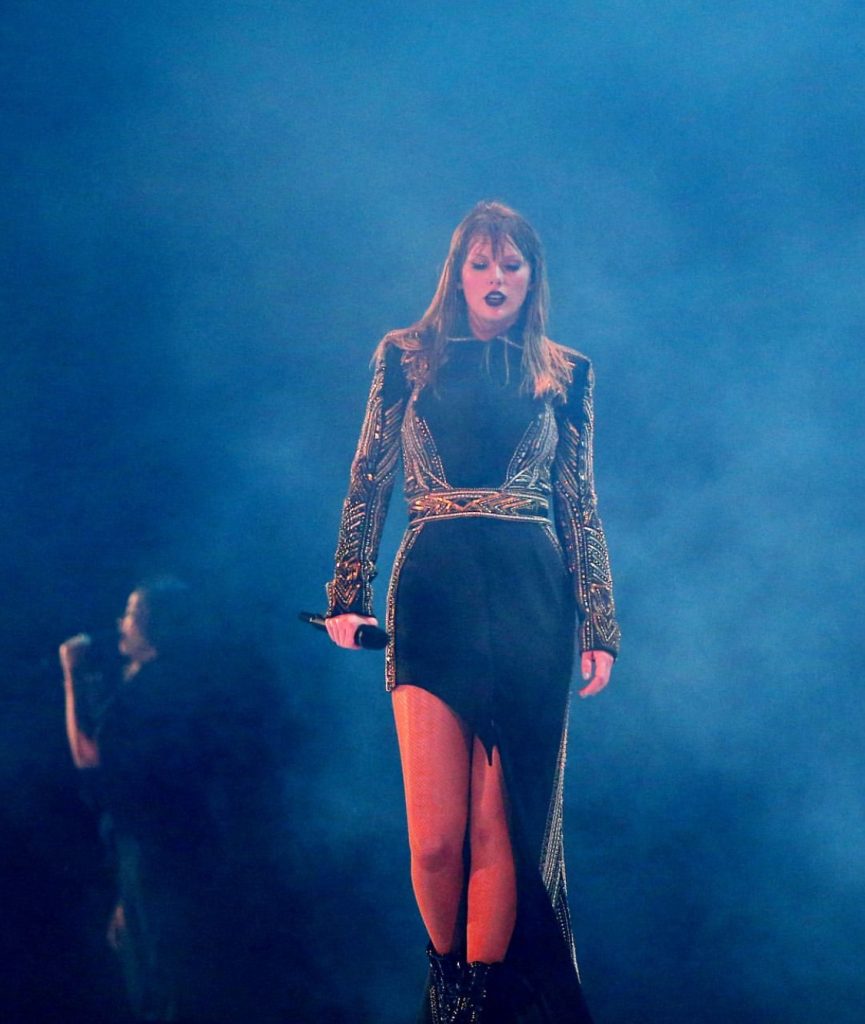
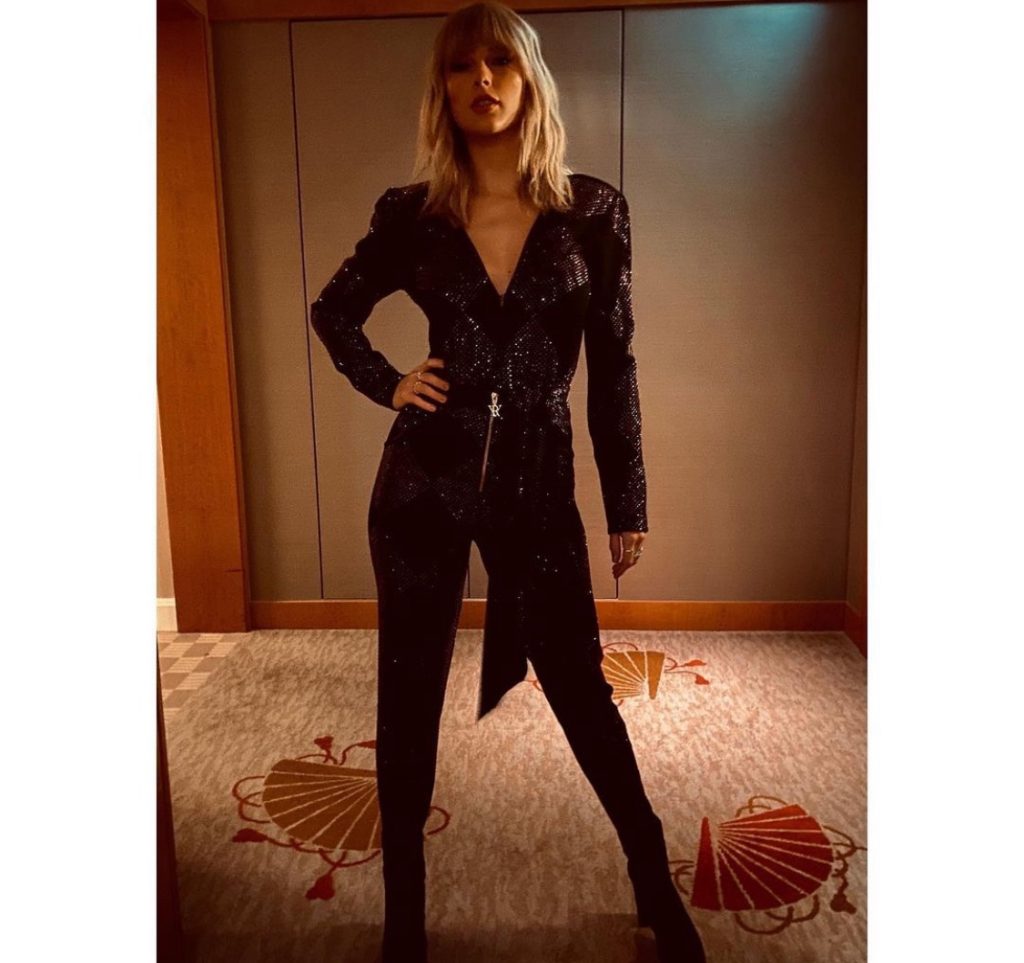
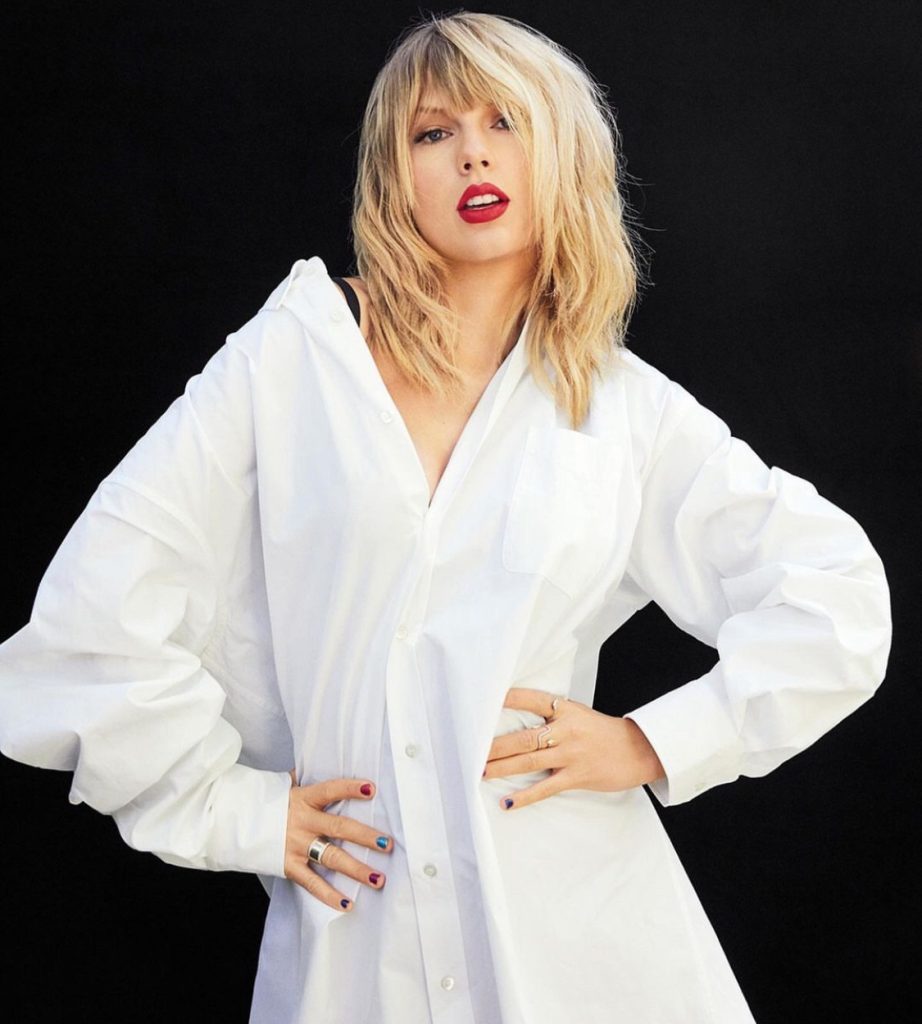
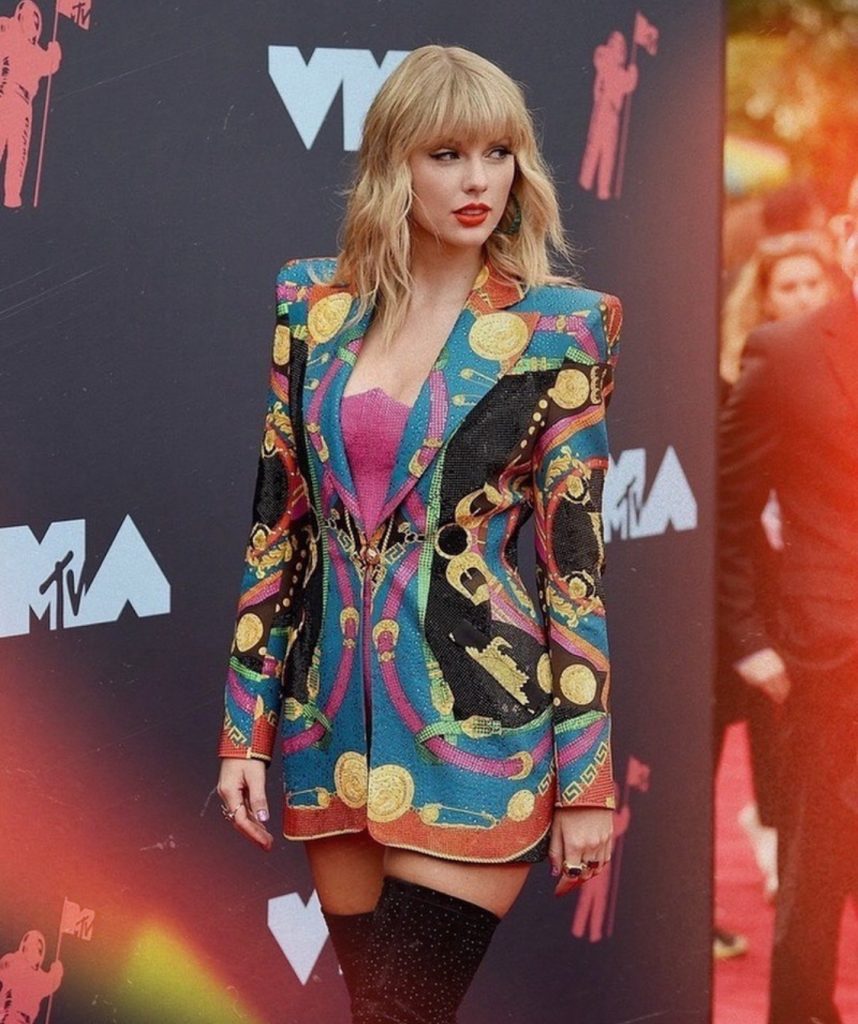
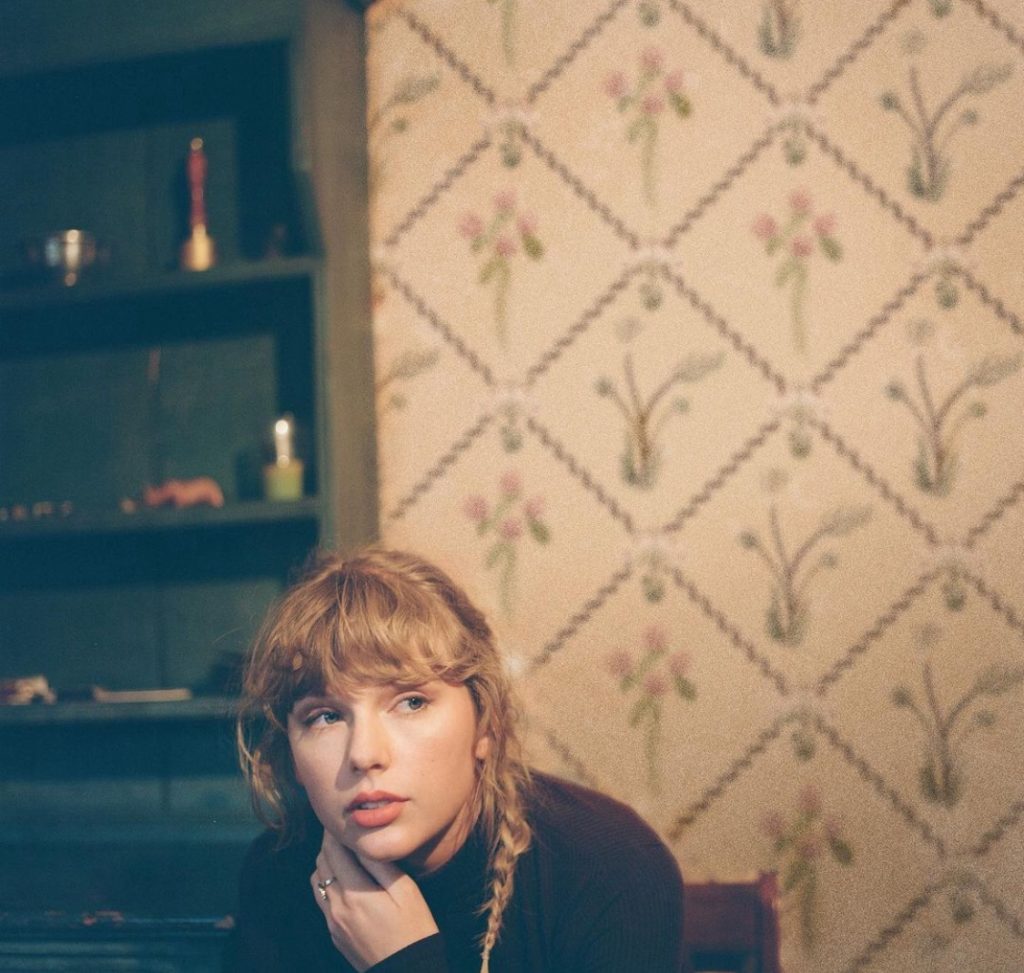
Absolutely! One can definitely show solidarity and support towards LGBTQ+ individuals without identifying as queer or LGBTQ+ themselves. It’s essential to be an ally and promote inclusivity and acceptance, regardless of one’s sexual orientation.





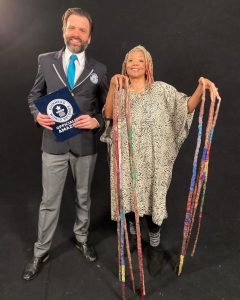
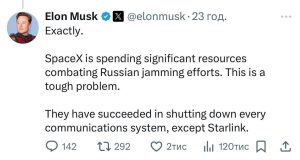




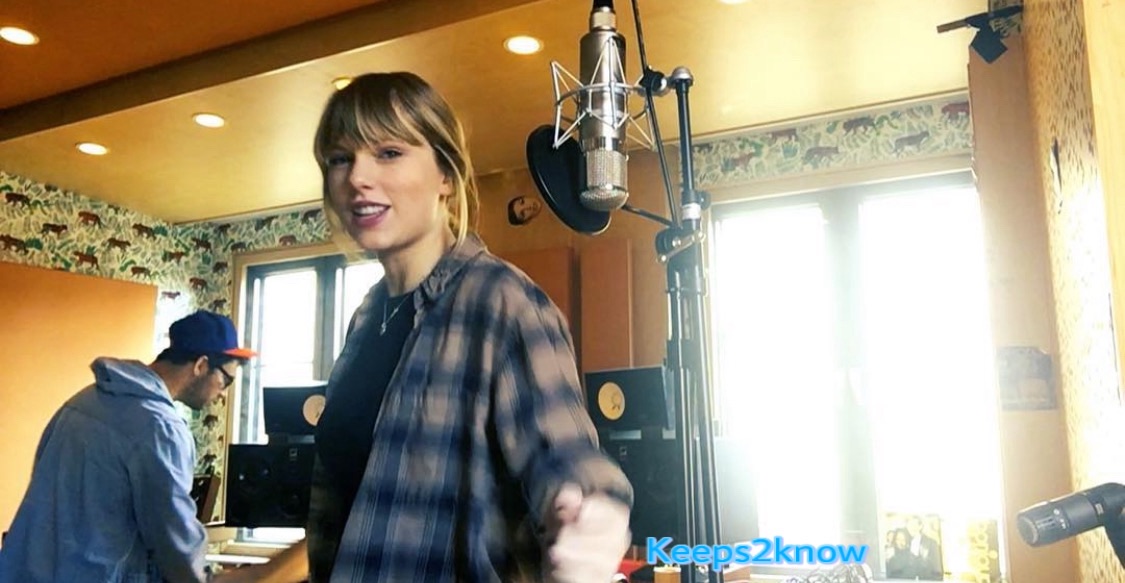

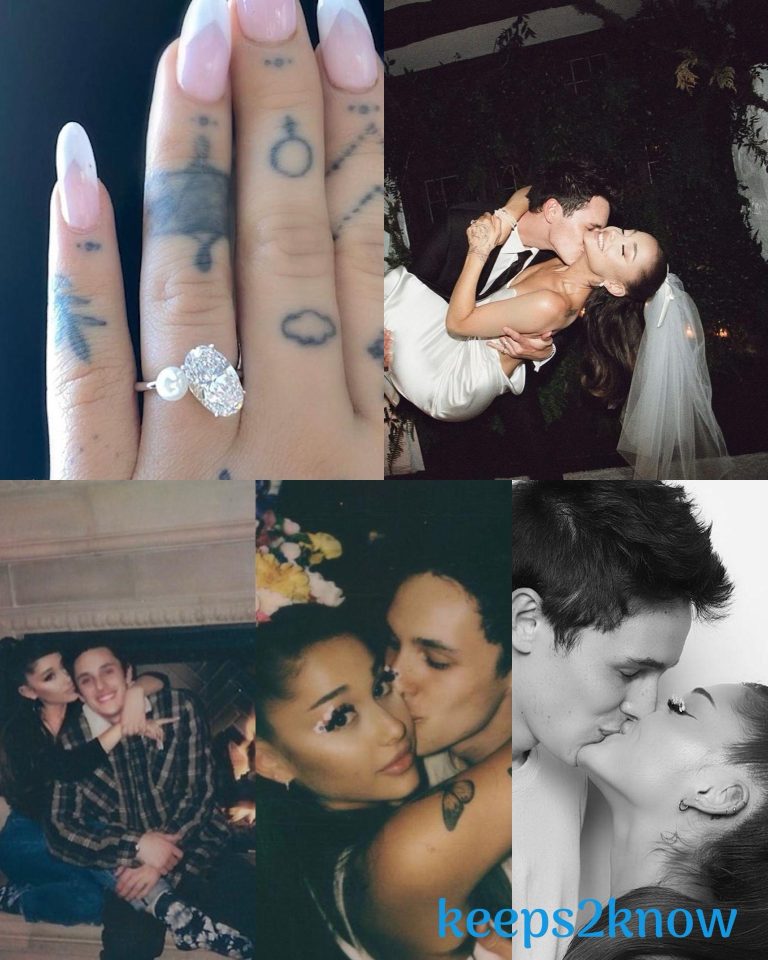
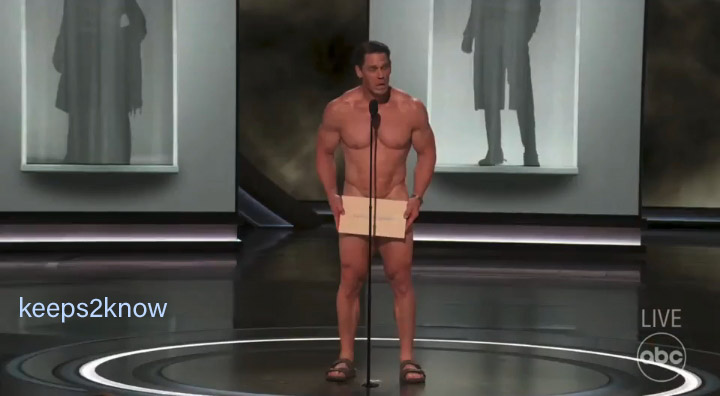



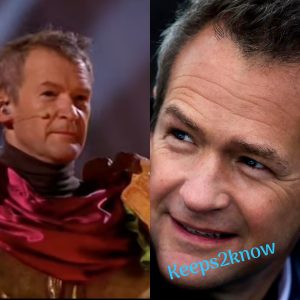
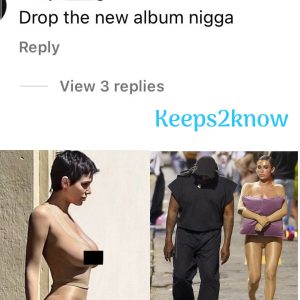





+ There are no comments
Add yours